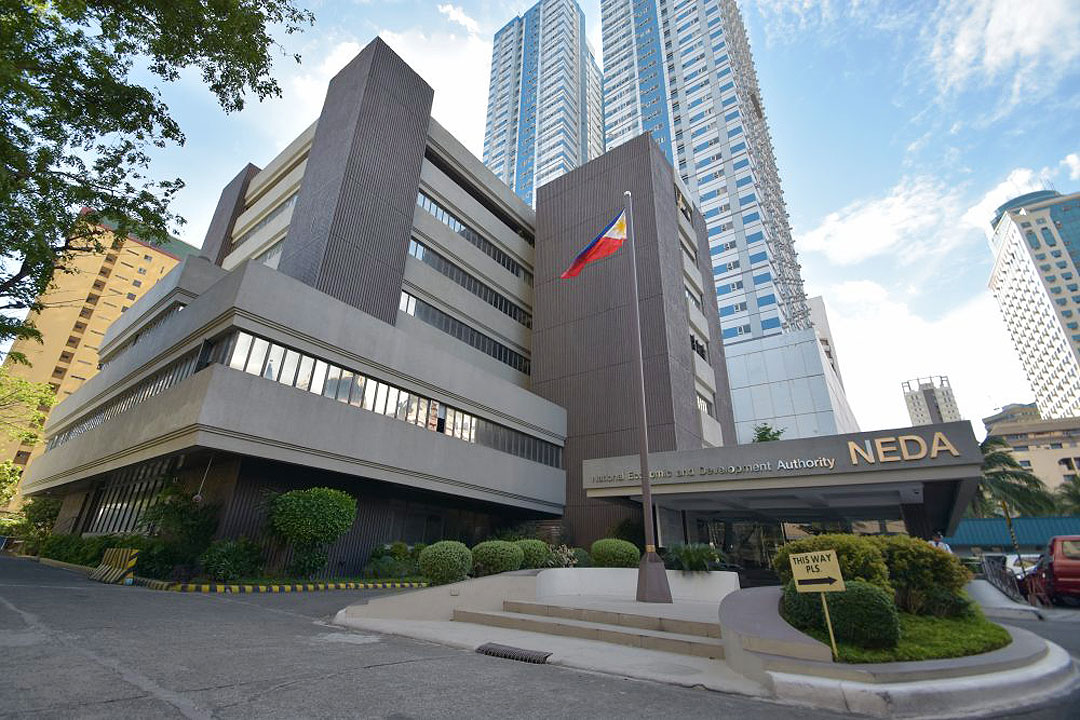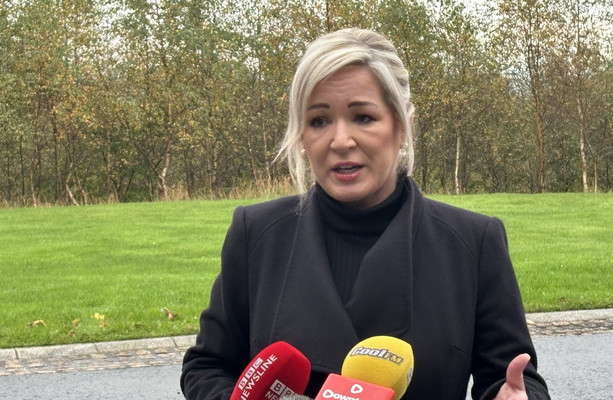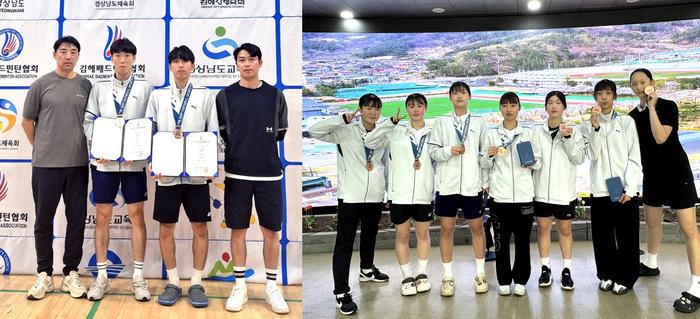NEDA Approves Key Frameworks to Address Water, Health, and Transport Needs
In a significant move to improve essential services across the Philippines, the National Economic and Development Authority (NEDA) announced on Thursday the approval of a Unified Resource Allocation Framework for the Water Supply and Sanitation (WSS) sector. This initiative aims to rationalize resource allocation, ensuring equitable delivery and enhanced infrastructure for water and sanitation, addressing long-standing challenges such as inadequate funding and low technical capacities among service providers.
Addressing Infrastructure Inequities
During a Board meeting held on Wednesday, NEDA outlined the pressing issues that have hindered the effective delivery of water and sanitation services in the country. Citing structural weaknesses, NEDA emphasized that the current inequitable distribution arises from a combination of inadequate funding, limited technical know-how among service providers, and broader institutional challenges.
The approved framework will not only streamline funding mechanisms but also promote leveraging market-based financing and securing grants and subsidies from the National Government. "Our goal is to ensure that everyone, especially those in underserved and rural areas, has access to clean water and proper sanitation facilities," stated a NEDA official. This initiative is expected to significantly improve public health outcomes and quality of life for millions.
Health Sector Enhancements
In addition to the water supply framework, the NEDA Board also extended the implementation period for the Development Objective Grant Agreement aimed at improving health for underserved Filipinos. This project, funded by the United States Agency for International Development (USAID), has been extended to September 30, 2025, and will now span all 17 regions of the country.
The extension directly responds to pressing health issues, including logistical and pharmaceutical gaps, severe shortages of qualified health professionals in remote areas, and limited public sector capacity in areas such as policy development and private sector engagement. "The extension and expanded scope of this project will enable us to address more effectively the health challenges faced by our most vulnerable populations," the Department of Health representative said.
Boosting Local Health Systems
Among the other significant approvals was the initial phase of a ₱27.92 billion Department of Health project designed to bolster local health systems. This initiative aims to enhance healthcare delivery, ensuring that essential health services reach disadvantaged communities effectively.
NEDA’s comprehensive approach aims to create a robust healthcare system, particularly in light of the ongoing challenges presented by the global pandemic.
Enhancing Transportation Connectivity
The Board also greenlighted the Mindanao Transport Connectivity Improvement Project, which will enhance road connections between Regions 10, 11, and 12. This crucial infrastructure project is backed by a $456 million loan from the World Bank, which was approved in December.
"Improving transport connectivity is essential for economic development in Mindanao. By enhancing the logistics framework, we can pave the way for increased trade, tourism, and access to basic services," remarked a transport analyst.
Future Implications and Engagement
These strategic approvals signal the Philippine government’s commitment to addressing fundamental infrastructure and health challenges that hinder progress. By rationalizing resource allocation in water and health sectors and enhancing transportation connectivity, the initiatives are poised to create a more resilient and equitable society.
As the government moves forward with these critical projects, stakeholders, including local communities and service providers, are encouraged to engage actively in discussions surrounding implementation. The success of these initiatives hinges not just on funding but also on collaboration and innovation across various sectors.
For more insights on technology and development in the Philippines, feel free to explore our related articles and follow us for updates. What are your thoughts on these developments? Share your comments and engage with us on social media as we continue to explore technology’s role in shaping our society.


